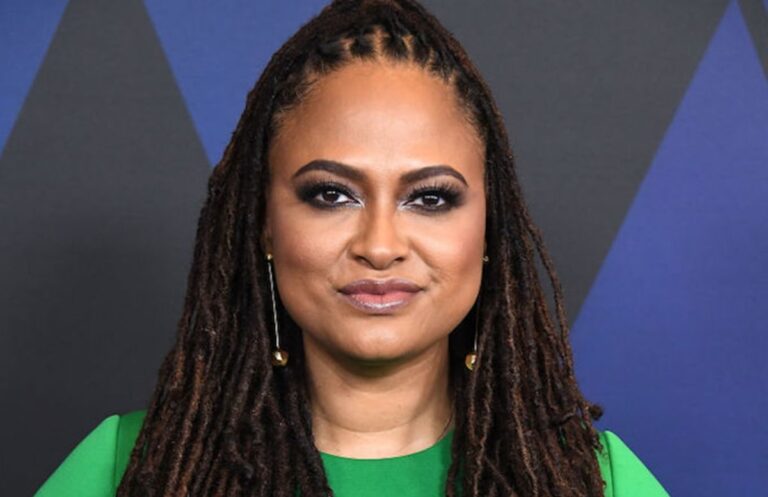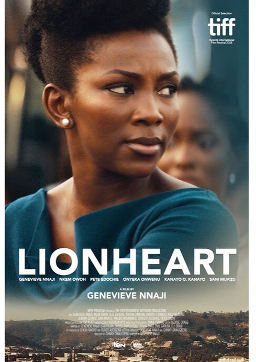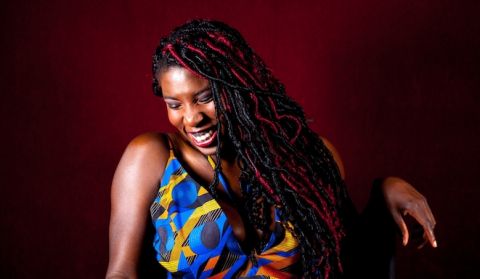Ava DuVernay, the celebrated filmmaker behind works like “Selma” and “When They See Us,” continues to make waves in the world of cinema. Her latest project, “Origin,” has not only generated immense buzz but has also marked a historic moment in film history. DuVernay’s presence at the Venice Film Festival shattered a long-standing barrier, making her the first African-American woman to have a film compete in the festival’s 80-year history, as reported by NBC News.
In a press conference held during the festival, DuVernay addressed the challenges that Black filmmakers often face when trying to enter their projects into prestigious film festivals. She shed light on the discouragement they encounter, being told that international audiences don’t care about their stories or films.
“For Black filmmakers, we’re told that people who love films in other parts of the world don’t care about our stories and don’t care about our films. This is something that we are often told: you cannot play international film festivals, no one will come,” DuVernay said candidly. “People will not come to the press conferences, people won’t come to the P&I screenings. They will not be interested in selling tickets. You might not even get into this festival, don’t apply.”
DuVernay went on to emphasize the significance of her groundbreaking achievement, saying, “I can’t tell you how many times I’ve been told, ‘Don’t apply to Venice, you won’t get in. It won’t happen.’ And this year, something happened that hadn’t happened in eight decades before an African American woman in competition. So now that’s a door open that I trust and hope the festival will keep open.”
The Venice Film Festival represents a historic milestone for DuVernay and paves the way for greater representation and recognition of Black voices in cinema on an international stage.
DuVernay’s commitment to her craft and her dedication to authentic storytelling were further emphasized during the press conference. She discussed her decision to keep “Origin” as an independent production after it initially began in the studio system.
“I don’t feel like we would have had the cast that we had if it had remained in the studio system,” DuVernay explained. “The studio system is a place where I worked and made projects that I’m proud of, but there is really an aspect of control over who plays what. And there is an idea about who makes money, attracts attention, and sometimes that sits at odds with who might be the best person for the part. Aunjanue Ellis-Taylor was the best person for this part.”
Aunjanue Ellis-Taylor’s casting in “Origin” exemplifies DuVernay’s commitment to ensuring that the right talent is chosen for the roles, irrespective of industry norms.
The independent film production and distribution company Neon acquired the worldwide rights to “Origin” on September 5, further solidifying the film’s journey to reach a global audience.
In addition to her groundbreaking film achievements, DuVernay has been making strides in diversifying the entertainment industry’s workforce. She recently announced a partnership between her ARRAY Crew database for film crew workers and the Impact professional network, creating the largest hiring network in the entertainment industry. This initiative seeks to foster greater inclusivity behind the scenes, ensuring that the industry reflects the diverse voices and talents it represents on screen.
Ava DuVernay’s journey continues to inspire and pave the way for greater representation and inclusivity in the world of cinema, making her a true trailblazer and visionary in the field. As she continues to break barriers, her impact on the film industry and society as a whole is undeniable.




